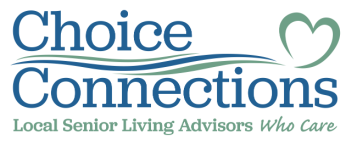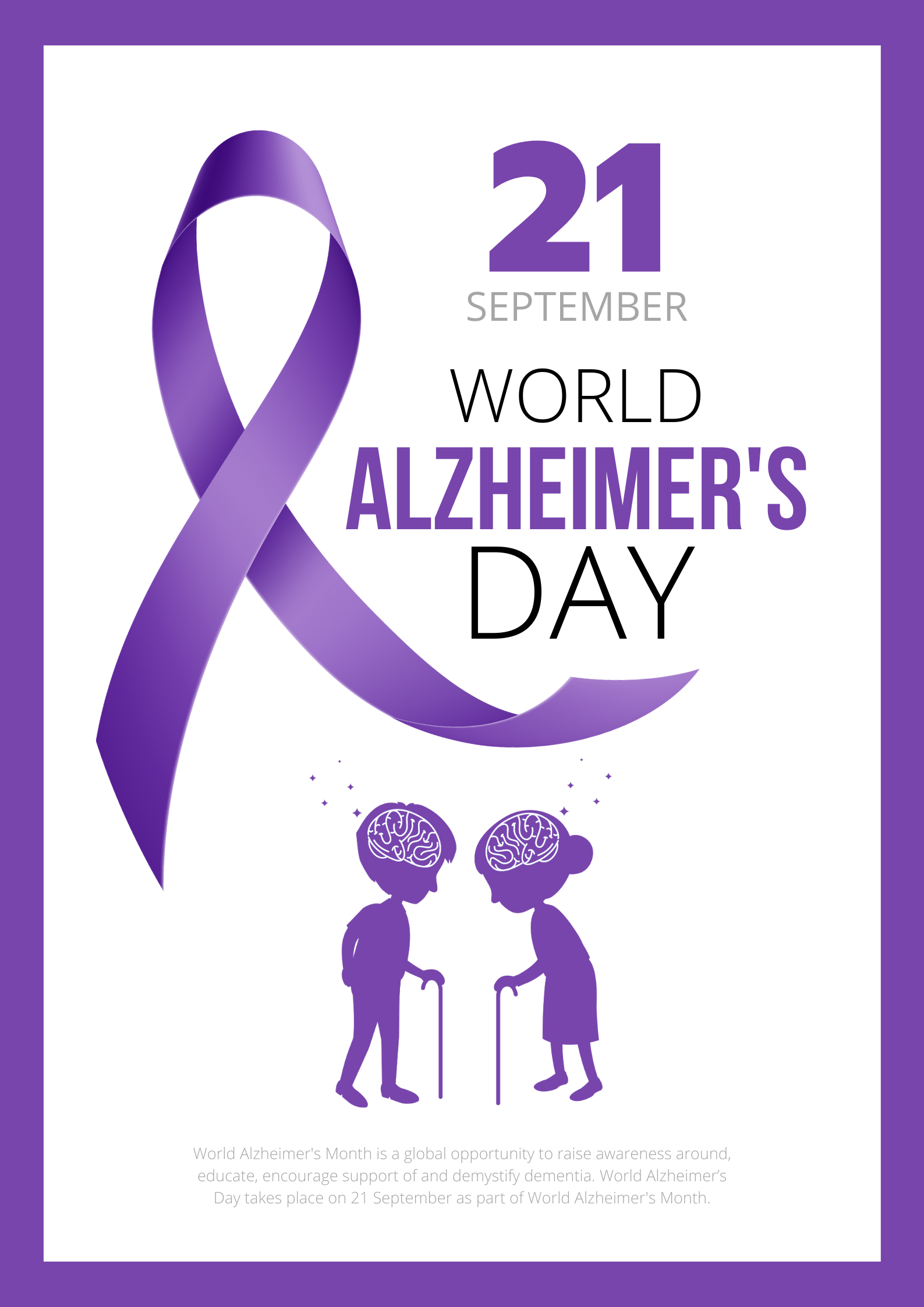Common Misconceptions – Part two
In last month’s article we offered some common misconceptions associated with aging. Now, we continue to shed light on this topic by addressing a few more:
Dementia and Alzheimer’s are the same thing.
Dementia is the “umbrella” term for general memory loss and other cognitive issues that are severe enough to interfere with one’s daily life. According to alz.org, Alzheimer’s is the most common – accounting for 60-80% of dementia cases. Other forms include Lewy Body dementia, Parkinson’s and vascular dementia, along with a few, less common types. Each of these has its own set of symptoms and challenges.
Most older adults will experience some form of dementia.
It’s encouraging news to learn Dementia is not a normal part of aging. Surprisingly, verbal and math skills along with abstract reasoning may increase with age. The risk of dementia does grow as people get older, but it is not certain. While about 5% of individuals between 71 and 79 are affected, many people live into their 90s and beyond without the significant drops in cognitive abilities that characterize dementia. Things like missing an appointment or misplacing keys are typical signs of mild forgetfulness, which is common at any age. The National Institute on Aging (www.nia.nih.gov) provides guidance on what is normal forgetfulness and what is not. A few of the signs that may suggest dementia are:
- Asking the same question over and over
- Getting lost in familiar places
- Having trouble following recipes or directions
- Becoming more confused about time, people and places
- Not taking care of oneself such as eating poorly, not bathing or unsafe behavior
What can you do to improve your mind? Keep your brain engaged – for example -travel, learn a new skill or language. Exercise, socialization, and a healthy diet will also help your efforts to keep the brain sharp.
Older adults contribute little to society.
This is untrue – older adults are a vital part of our communities. Through volunteering, mentoring, philanthropy, caregiving, coaching and working, older adults are invaluable and necessary to a healthy society. So go ahead -act your age!
Visit WWW.CSA.US for information and discussions regarding a variety of topics on aging.

